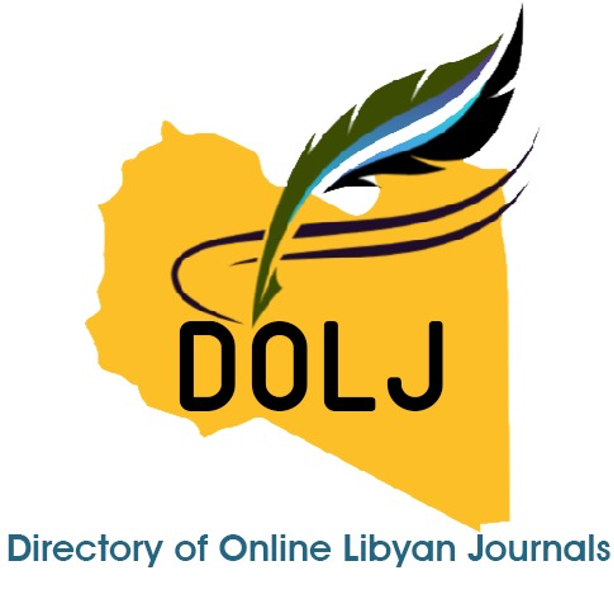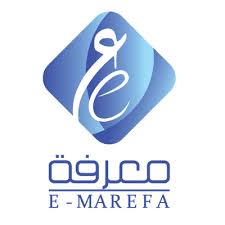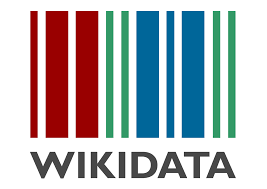ِ The Geographical Dimension and Its Role in Implementing the Knowledge Economy for Educational Services in the Qasr Khiar Area
DOI:
https://doi.org/10.36602/faj.2025.n20.03Keywords:
Knowledge Economy, Sustainable Development, Educational Services, Digital Infrastructure, Educational Innovation, Quality of EducationAbstract
This research aims to examine the extent to which the knowledge economy contributes to achieving sustainable development of educational services in the Qasr Khiyar region, based on the importance of education as one of the fundamental pillars through which the impacts of knowledge and innovation on societal growth are manifested.
The research problem lies in the weak integration of knowledge economy tools within educational institutions, which negatively affects the quality, efficiency, and sustainability of educational services. This is reflected in the central research question: To what extent does the knowledge economy contribute to achieving sustainable development in education in Qasr Khiyar?
The study adopts a descriptive-analytical methodology, utilizing a questionnaire directed at a sample of workers in the education sector. It focuses on several key areas, including the current application of knowledge economy concepts, the availability of its requirements, and indicators of the sustainability of educational services.
The findings revealed an awareness of the importance of the knowledge economy, contrasted by shortcomings in practical implementation due to weak digital infrastructure and a lack of training. The results also indicated a positive correlation between elements of the knowledge economy and the dimensions of sustainable development.
The research seeks to assess the level of adoption of knowledge economy concepts, analyze the current state of educational services, explore the relationship between knowledge and development, and offer recommendations to enhance the role of the knowledge economy in advancing education in the region.
References
أبو نعير، نذير سيحان؛ السرحان، خالد علي، & الزبون، محمد سليم. (2011). مفهوم الاقتصاد المعرفي وأدوار المعلمين المتجددة خلاله من وجهة نظر معلمي المرحلة الثانوية في الأردن وعلاقة ذلك ببعض المتغيرات. Dirasat: Educational Sciences, 38 (1), 330–343.
منظمة التعاون والتنمية الاقتصادية. (2020) نظرة على التعليم 2020: مؤشرات منظمة التعاون والتنمية الاقتصادية. منظمة التعاون والتنمية الاقتصادية.
دسوقى, رانيـا عبد الحميـد مبروك. (2021). مفهوم التنمية المستدامة. المجلة العربية للقياس والتقويم. (4)2 195 -215.. DOI: https://doi.org/10.21608/ajme.2021.219119
العقل، عقل عبد العزيز (2021). أبعاد التنمية المستدامة ومصادرها وتطبيقاتها في ضوء التربية الإسلامية. المجلة التربوية لکلية التربية بسوهاج 82(2)، 896–940 DOI: https://doi.org/10.21608/edusohag.2021.137597
Downloads
Published
How to Cite
Issue
Section
License
Copyright (c) 2025 علي نجاح، إنعام الشفلو

This work is licensed under a Creative Commons Attribution 4.0 International License.
All works published in this journal are licensed under the Creative Commons Attribution 4.0 International License (CC BY 4.0), which permits use, sharing, adaptation, and redistribution for any purpose, including commercial ones, provided that proper credit is given to the original author and source, a link to the license is provided, and any changes made are indicated.

















